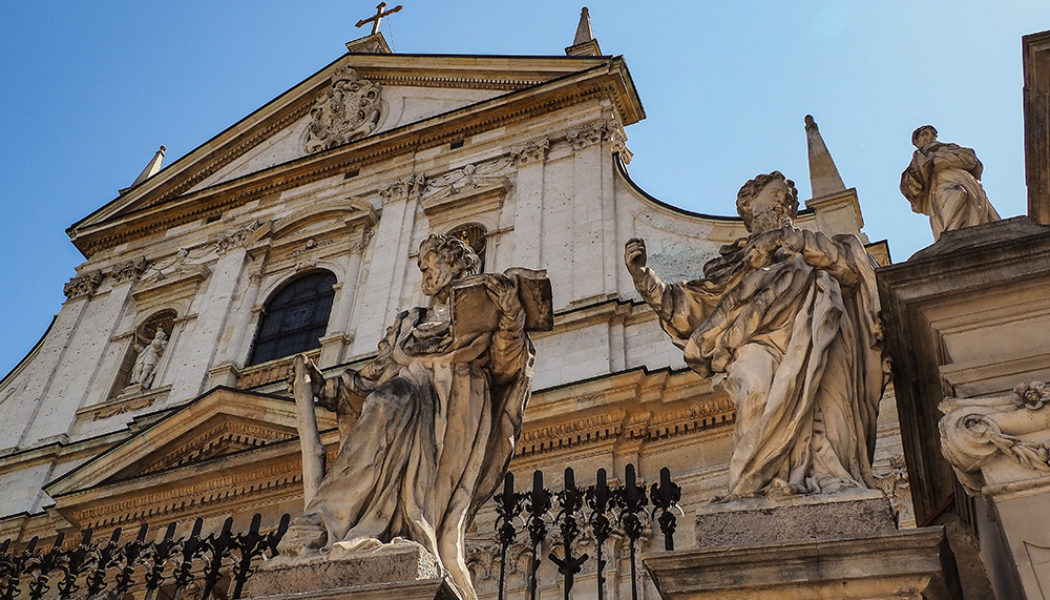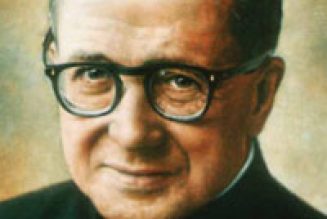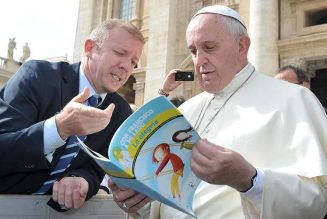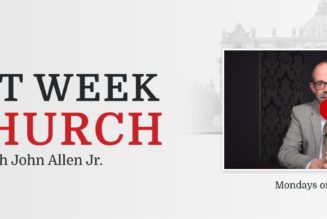
I wish all those who find themselves concerned, depressed, befuddled, or angry at the present state of the Church could have spent July 3-21 in that city of saints, Cracow, along with my students and faculty colleagues in the 31st annual assembly of the Tertio Millennio Seminar on the Free Society (TMS). Our students, who came from the United States, Poland, the Czech Republic, Ukraine, Georgia, Mexico, India, Croatia, Lithuania, and China were a striking group of young Catholic adults. And their reactions to the 19 days we spent together — in which they brought to the seminar and gave each other at least as much as we on the faculty offered them — suggested that there are in fact a lot of good things going on in Catholicism today:
“This seminar has changed my life in every way.” “These were the happiest three weeks of my life.” “A truly life-inflecting three weeks…” “I came because a friend told me [the seminar] had changed her life…It did not disappoint!” “The seminar has had a tremendous spiritual and intellectual impact on me….”
Why does TMS have that effect on its participants? When the seminar began in 1992 with the strong encouragement of Pope John Paul II, it was primarily intellectual in focus — a deep dive into the social doctrine of the Church, supplemented by explorations of the modern Catholic history from which the social doctrine from Leo XIII to John Paul had emerged. That material remains central to the TMS program, which also includes themes from the social teaching of Pope Benedict XVI and Pope Francis. The program is now far more expansive, however, including a cultural dimension, a sacramental dimension, and an experience of the Church as a communio or “communion” — a central feature in the teaching of the Second Vatican Council.
From the beginning TMS has involved a daily Mass. Now, that Mass is supplemented by opportunities for Eucharistic adoration and confession, and our daily Eucharist (celebrated with traditional Latin as well as contemporary chants) is enriched by some of the most dynamic, penetrating preaching our students have ever heard. Word and sacrament vivify the entire TMS experience.
As the program has developed over the years, so has its cultural dimension. Our students have many opportunities to immerse themselves in the distinctive Catholic culture of Poland, learning how the Church (which is itself a culture) shaped a distinctive national culture over more than a millennium. At the same time, we discuss how, in our post-modern 21st century, national or ethnic identity no longer transmits Catholic faith, which must be vigorously proposed in what our seminar patron, St. John Paul II, called the “New Evangelization.”
And then there is the communal or communio piece of the puzzle. For three weeks, students and faculty live as an intentional Christian community in which there is free space for sharing beliefs, questions, and conundrums, as well as the sheer joy of living in harmony across what might, in other contexts, be national or linguistic boundaries. In a world in which everyone is increasingly siloed, the solidarity and genuine pluralism experienced at TMS does indeed provide an experience of the communio of which St. Paul wrote to the Galatians: “…for in Christ Jesus you are all sons of God, through faith. For as many of you were baptized into Christ have put on Christ. There is neither Jew nor Greek, there is neither slave nor free, there is neither male nor female; for you are all one on Christ Jesus” (Gal 3:26-28).
The 30 students at TMS-XXXI all knew that, in their several national and cultural circumstances, they have a tough row to hoe in being the missionary disciples they were baptized to be. However much some churchmen and their journalistic allies may deny it, my students in Cracow this past July understood that they’re engaged in a culture war from which they cannot opt out: a struggle to defend and promote the true dignity of the human person, as known by both divine revelation and reason. But my faculty colleagues and I encourage these young adults — who demonstrated a maturity without cynicism that is truly impressive — to be happy culture warriors. For displaying the joy of the Gospel in their own lives is far more likely to win others for Christ, or back to Christ, than the snarky Tweets in which some of their peers (and some of their elders who ought to know better) regularly indulge.
– Advertisement –
George Weigel is an independent columnist whose weekly column is syndicated by the Archdiocese of Denver. The opinions and viewpoints expressed by Mr. Weigel therein are his alone and do not necessarily reflect those of the Archdiocese of Denver or the bishops of Denver.









